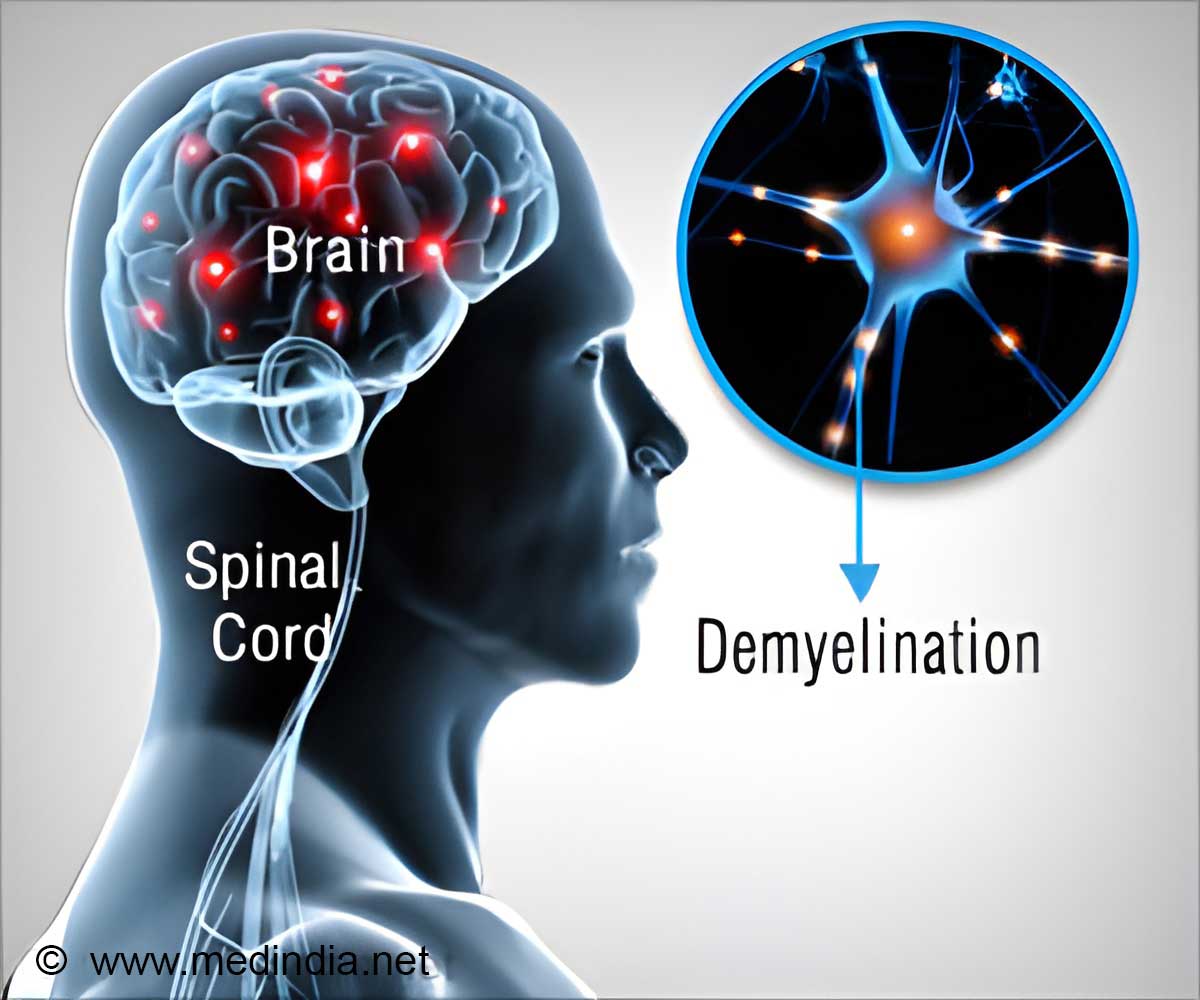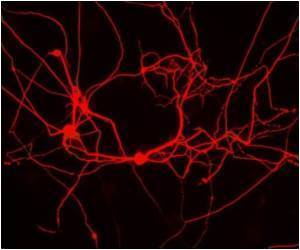
Author: So-Young Huh, M.D., of the University College of Medicine, Busan, Korea, and colleagues.
Background: Disabilities from NMOSD arise due to acute attacks and just one or two attacks can lead to blindness or a walking disability. Preventing the attacks is key to preventing the resulting disabilities. Immunosuppressants such as MMF have been used as therapies to prevent relapse in patients with NMOSD. The authors sought to examine the safety and efficacy of MMF treatment.
How the Study Was Conducted: The authors conducted a three-center review that examined their experiences with 59 patients with NMOSD (24 with neuromyelitis optica and 35 with a limited form of the disease) who were treated with MMF. One of the patients discontinued use of MMF because of a rash so 58 patients were included in the drug-efficacy analysis.
Results: The median post-MMF relapse rate was lower than the pre-MMF relapse rate (0.0 vs. 1.5) and disability scores also decreased after MMF treatment (3.0 vs. 2.5). Of the patients, 35 (60 percent) were free of relapse and disability scores stabilized or improved in 53 patients (91 percent). MMF was generally well tolerated.
Discussion: "The next step will be to conduct a randomized clinical trial with long-term efficacy and safety analyses in a larger cohort that can elucidate the efficacy of MMF treatment in patients with NMOSD. "(JAMA Neurol. Published online September 8, 2014. doi:10.1001/.jamaneurol.2014.2057. Available pre-embargo to the media at http://media.jamanetwork.com.)"
Advertisement
Editorial: Is it Time for a Randomized Trial? In a related editorial, Bruce Cree, M.D., Ph.D, M.A.S., of the University of California, San Francisco, writes: "In this issue, Huh and colleagues report their experience treating 58 patients with NMO [neuromyelitis optica] using MMF. To my knowledge, this is the largest study of MMF treatment in patients with NMO reported thus far."
Advertisement
"Are we ready to conduct clinical trials with MMF or other immune suppressants in treating NMO? Given that various treatments are used empirically to treat NMO, health care professionals and patients need to know whether these empirical therapies are, in fact, effective," Cree notes. (JAMA Neurol. Published online September 8, 2014. doi:10.1001/.jamaneurol.2014.2359. Available pre-embargo to the media at http://media.jamanetwork.com.)
Editor's Note: The author made a conflict of interest disclosure. Please see the article for additional information, including other authors, author contributions and affiliations, financial disclosures, funding and support, etc.
Source-Eurekalert













